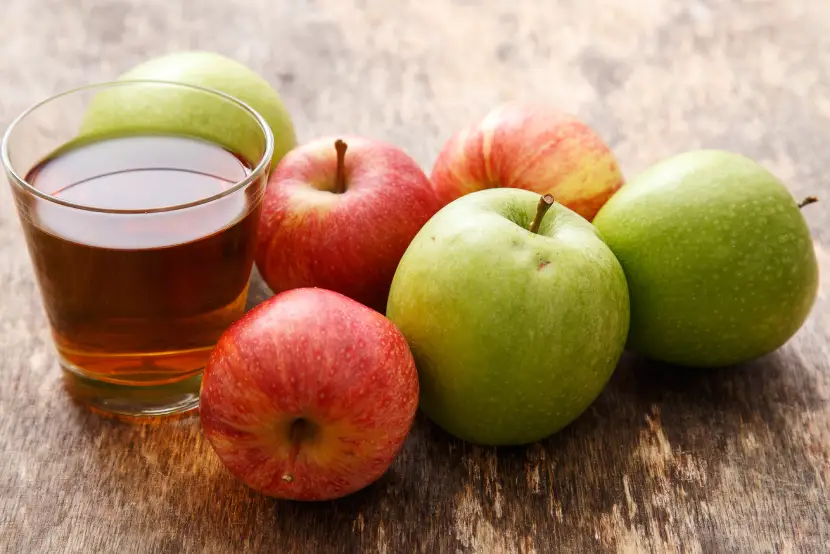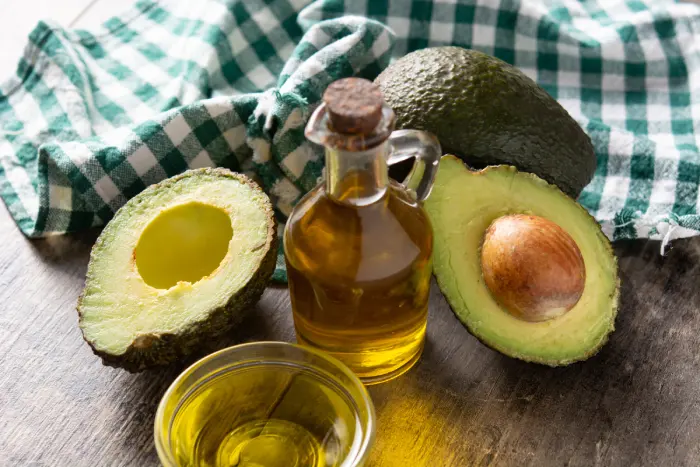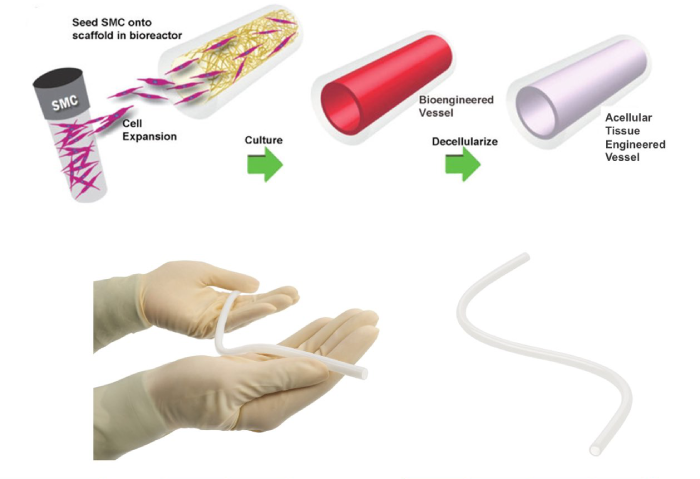New Study Reveals Potential Benefits of Salicornia in Stroke Prevention
A recent clinical trial has shed light on the potential benefits of Salicornia ramosissima extract for patients who have experienced a transient ischemic attack (TIA) or minor stroke. This randomized, triple-blind, placebo-controlled study involved 80 participants who were given either 1 gram of Salicornia extract or a placebo daily for 11 months.
The research aimed to evaluate the safety and clinical effects of this polyphenol-rich extract on individuals at high risk for future strokes. Participants underwent various assessments, including biochemical analyses, neuropsychological tests, and physical performance evaluations, both at the beginning and end of the study period.
One of the most significant findings was the absence of any notable adverse events throughout the trial, indicating that the Salicornia extract was well-tolerated by the participants. This is particularly important given the vulnerable nature of the study population.
In terms of cognitive function, patients treated with the Salicornia extract showed improvements in their MOCA (Montreal Cognitive Assessment) scores after 11 months of supplementation. While the extract did not appear to affect gait parameters, it did demonstrate a significant impact on blood pressure. Participants in the treatment group experienced reductions in blood pressure both at rest and following aerobic performance tests.
Perhaps one of the most intriguing outcomes of the study was the effect of Salicornia extract on homocysteine levels. At the start of the trial, both groups exhibited mild hyperhomocysteinemia, a condition associated with increased cardiovascular risk. However, after 11 months of treatment, the Salicornia group saw a significant decrease in homocysteine levels, bringing them within the normal range.
These findings suggest that Salicornia extract may have potential as a therapeutic option for managing vascular risk factors in post-TIA patients, particularly in addressing hyperhomocysteinemia and hypertension. However, the researchers emphasize the need for further studies to elucidate the underlying mechanisms and explore broader clinical applications.
Commentary by YourDailyFit columnist Alice Winters:

This study on Salicornia ramosissima extract opens up exciting possibilities in the realm of stroke prevention and management of vascular risk factors. As a supplement and health product commentator, I find several aspects of this research particularly noteworthy.
First and foremost, the safety profile of the Salicornia extract is impressive. In a population already at high risk for cerebrovascular events, the absence of significant adverse effects over an 11-month period is reassuring. This speaks volumes about the potential of this natural extract as a long-term supplement for at-risk individuals.
The improvements in MOCA scores among the treatment group are intriguing. While the study doesn’t delve into the mechanisms behind this cognitive enhancement, it raises questions about the neuroprotective properties of Salicornia’s polyphenols. This could be a promising area for future research, especially given the growing interest in natural compounds for cognitive health.
The extract’s effect on blood pressure is another standout finding. Hypertension is a well-established risk factor for stroke, and any intervention that can help manage blood pressure in this high-risk group is worth exploring further. The fact that the extract showed effects both at rest and post-exercise suggests a robust and consistent impact on cardiovascular function.
However, it’s the impact on homocysteine levels that I find most exciting. Hyperhomocysteinemia is a known risk factor for cardiovascular disease, and its management can be challenging. The ability of Salicornia extract to normalize these levels in a population prone to vascular events is a significant finding that warrants further investigation.
From a market perspective, these results position Salicornia extract as a potentially valuable supplement for cardiovascular health. Its natural origin and multifaceted benefits – cognitive enhancement, blood pressure management, and homocysteine regulation – could appeal to a broad consumer base, especially those concerned about stroke risk or overall cardiovascular health.
However, it’s crucial to note that this is a single study, and more research is needed to confirm these effects and understand the underlying mechanisms. Questions remain about the optimal dosage, long-term effects, and potential interactions with medications commonly prescribed to this patient population.
In conclusion, while this study presents promising results, it’s important for consumers to approach these findings with cautious optimism. As always, individuals should consult with healthcare professionals before adding any new supplement to their regimen, especially those with pre-existing health conditions. Nonetheless, Salicornia extract emerges as a supplement to watch in the coming years, potentially offering a natural approach to managing vascular risk factors in vulnerable populations.



